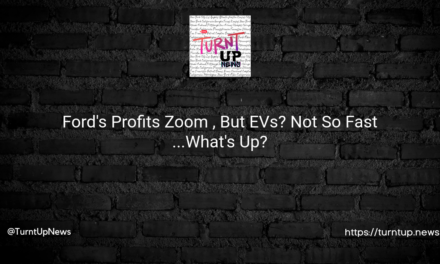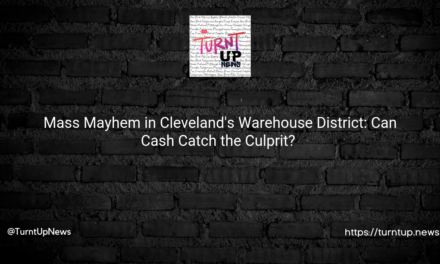💥📸”Boom!” Goes the Market…Thanks to a Dastardly Pentagon Explosion Pic That Never Was!📉🐦
TL;DR: A photo shopped explosion at the Pentagon caused a ruckus on Twitter, and maybe even a tremor in the stock market. It’s not every day that a lie gets this much airtime, huh? Local authorities have confirmed it’s a phony, but we’re left wondering: how did a fake pic make such a real impact?🤔
Disclaimer: This article does not provide investment advice. Seek advice from a financial advisor before making any financial decisions. This information is being provided for informational purposes only.
Imagine it’s a fine Monday morning. ☕ You’re scrolling through Twitter, and BAM!💥 A pic of the Pentagon in flames. Panic ensues, tweets are flying around like a flock of scared pigeons, and the stock market? Might’ve stumbled a bit there too.
Now, let’s backtrack a second. 💡 The Arlington County Fire Department in Virginia quickly debunked the explosion hoax. The Pentagon was NOT in flames. The picture, as shockingly real as it looked, was a phony, possibly cooked up by an artificial intelligence (AI) tech. Yet, the photo was reshared by a bunch of high-profile accounts, and Twitter went ablaze with the news.🔥
Which brings us to the question of the hour: how can a made-up event create such real-world chaos? 🌍
Now we’re no experts, but here’s a thought. Social media platforms have become our go-to sources for news. We’re often guilty of resharing posts without checking facts first. 😬 A viral image, no matter how fake, can stir up real fear and confusion. Add some influential accounts into the mix, and voilà! You’ve got a recipe for pandemonium.
This incident serves as a stark reminder of the power that unverified images wield in today’s digital age. 💻 And it’s not just us average Joes getting swept up in the frenzy, even the stock market – yes, that complex labyrinth of numbers – might have stumbled a bit.
Does this mean we’re letting AI and social media hold our emotions, and possibly even our financial stability, hostage? Are we becoming too complacent, too trusting of what we see online? 🧐
While we may chuckle at the thought of a fake pic causing a stir in the stock market, the incident raises questions about our dependence on technology, social media, and the internet for information.
In this case, the image was debunked promptly, and no harm was done (save for a few flustered investors). Yet, it serves as a reminder of the necessity of fact-checking and the perils of believing everything we see online.
So next time you see a shocking image on your social media feed, remember this Pentagon explosion that wasn’t. Could it be another fake image attempting to make waves? 🌊
At the end of the day, who holds the power here: the people who share the news, or the people who believe it? In this digital age, are we too easily manipulated by what we see online? 🤔 Let’s discuss!




